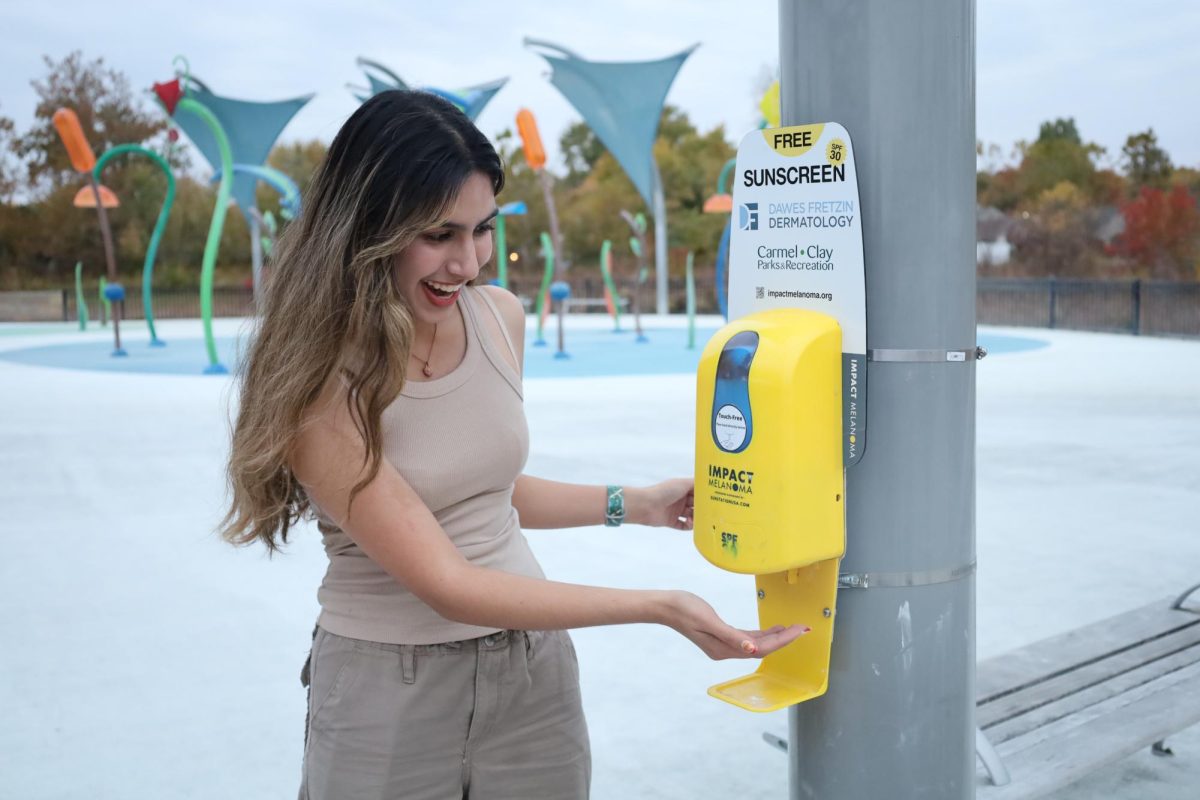According to a 2022 Skin Cancer Foundation article, using sunscreen can lower the risk of squamous cell carcinoma by 40% and the risk of melanoma by 50%. In order to promote sunscreen use in the community, the City of Carmel, Carmel Clay Parks and Recreation, Impact Melanoma and sponsor Dawes Fretzin Dermatology Group joined forces to install free sunscreen dispensers in Central Park and Inlow Park. The idea was proposed by Umar Shaikh, a Georgetown University medical student who grew up in Carmel.
For junior Sophie Tahir, skincare has always been one of her priorities. In addition to keeping her healthy, Tahir said working on her skincare is calming and makes her more sure of herself.
Tahir said, “I wanted something that I could do daily to make me feel more prepared and comfortable for my day. It gives me a really nice routine and provides a lot of consistency.”
However, Tahir said the necessary tools for skin health aren’t always accessible for all, even though using a few basic skin health products can have noticeable positive effects.
“While it would be nice for skincare to be free for everyone, that probably isn’t going to happen given that so many companies profit off of skincare,” Tahir said.
Anita Joshi, city council member and pediatrician, said the first steps of the installation of sunscreen dispensers were completed with young children and parents in mind.
“Central Park and Inlow Park both have water features,” Joshi said. “(These parks) have more opportunities for kids to be more out in the sun, so it was important to have sunscreen dispensers there because, as you know, once you get wet you need to reapply. So it was really nice to start with those two parks. The goal, ultimately, is to get one of these dispensers in every one of our city parks.
In addition, Joshi said by putting sunscreen dispensers in public parks, she hopes to cultivate a generation of people who understand the necessity of sunscreen.
“The importance of caring for skin begins right at birth. Part of these dispensers is not just providing the sunscreen. There are educational materials posted on those dispensers, reminding people to reapply sunscreen in order for it to be effective,“ Joshi said. “(Melanoma) is a disease that has a very high disease burden, a high mortality rate, and that protection begins in childhood. Having easy access to sunscreen allows for those good skin health practices to happen at an early age. These dispensers are going to help alter behavior, which ultimately is going to be what decreases the risk of melanoma.”
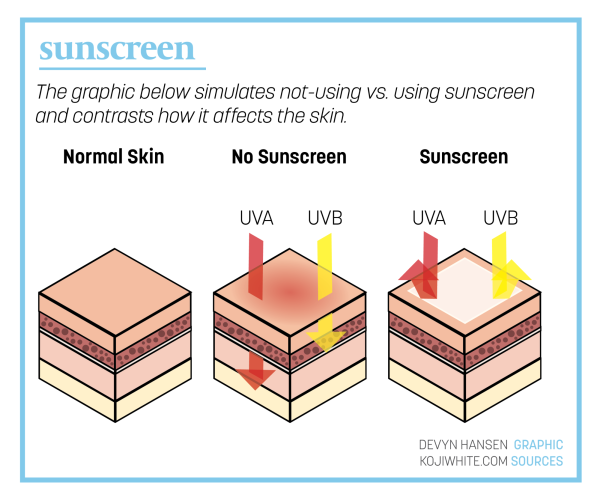
Joshi said the public reaction to the new dispensers has been overwhelmingly positive. In particular, she said parents have been grateful for the new change.
“We’ve got so much great positive feedback, honestly,” Joshi said. “It’s been spectacular. People are so excited to see them, I’ve had so many moms call me and say, ‘You know, I forgot to bring my sunscreen, and it was really easy for me to use that, thank you so much! We hope to see that in other parks too!´ So that is the goal. We have not gotten any kind of negative response whatsoever from this wonderful free service for the community.”
This positive sentiment was reflected among students of this school as well.
Tahir said, “I think it’s really nice to have free sunscreen dispensers, especially now that most people recognize the importance of sunscreen in preventing skin cancer.”
However, to Joshi, there is still work to be done in making sure everyone is prioritizing their skin health, especially as good skin health practices may be overshadowed by the prioritization of other healthy habits.
“There are so many important public health initiatives and education in our community for how to be healthy. But every organ system needs its own focused care,” Joshi said. “I would love to see more education on the importance of sunscreen and skin care, not using tanning beds. I know around prom season you sometimes see public health announcements about that because it’s important you know the ramifications of those practices.”
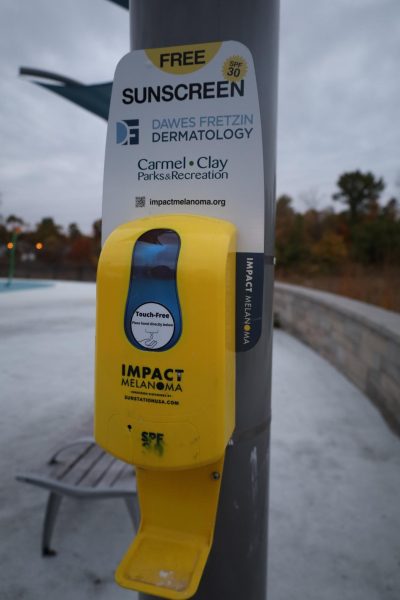
In addition, Joshi said public sunscreen dispensers are a good step forward, and public health amenities are a continuous work in progress.
“The Carmel parks department is also working on getting AEDs in every single park,” Joshi said. “Anything, when you have a public park and it’s for the public health and welfare, anything that will support that public health and welfare, that’s something that the parks will be interested in getting behind.”
Michael Allen, the parks and natural resources director for Carmel Clay Parks, said the implementation of sunscreen dispensers fits perfectly with Carmel Clay Parks’ mission. Although the park system did not come up with the idea of sunscreen dispensers, Allen said he supported the initiative from the start.
“We did not object to the request to install sunscreen dispensers in our parks,” Allen said. We’re trying to make (our parks) inclusive to everybody. We want everybody to feel comfortable coming to our parks and contribute to healthy lifestyles for our community. Sunscreen dispensers absolutely contribute to having a healthier community.”
















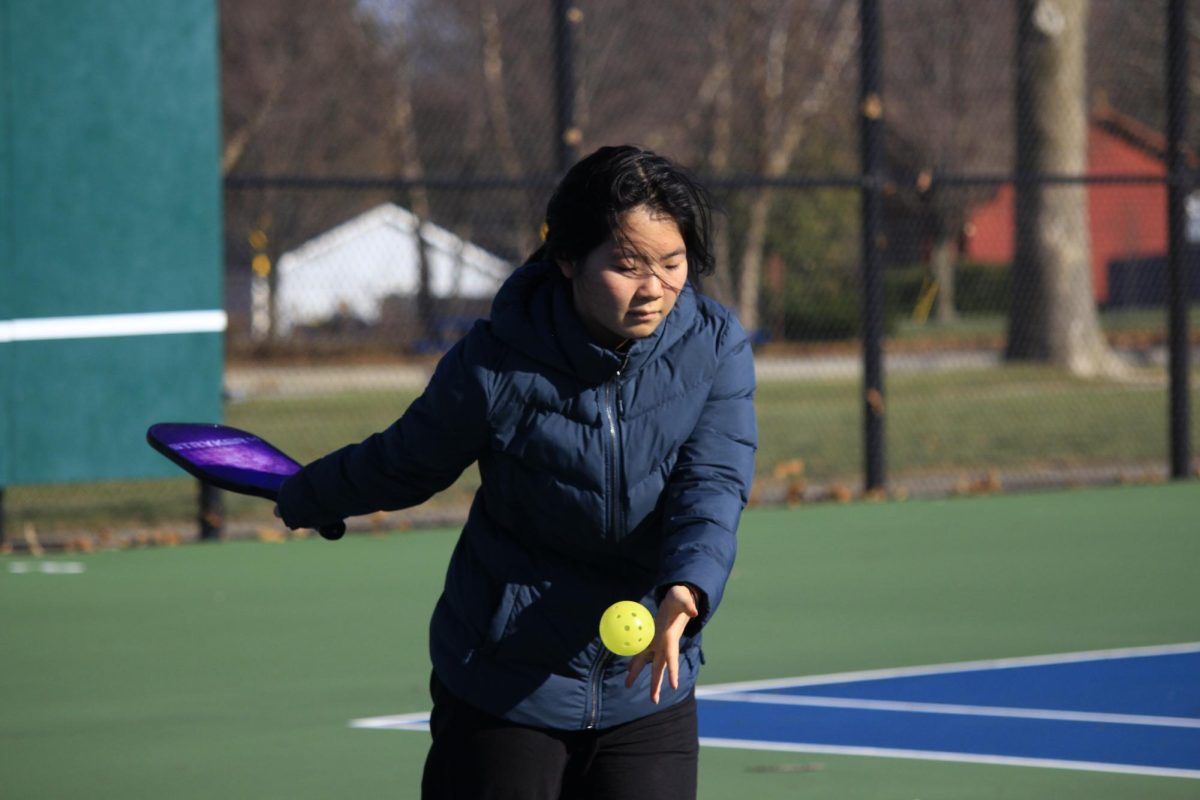




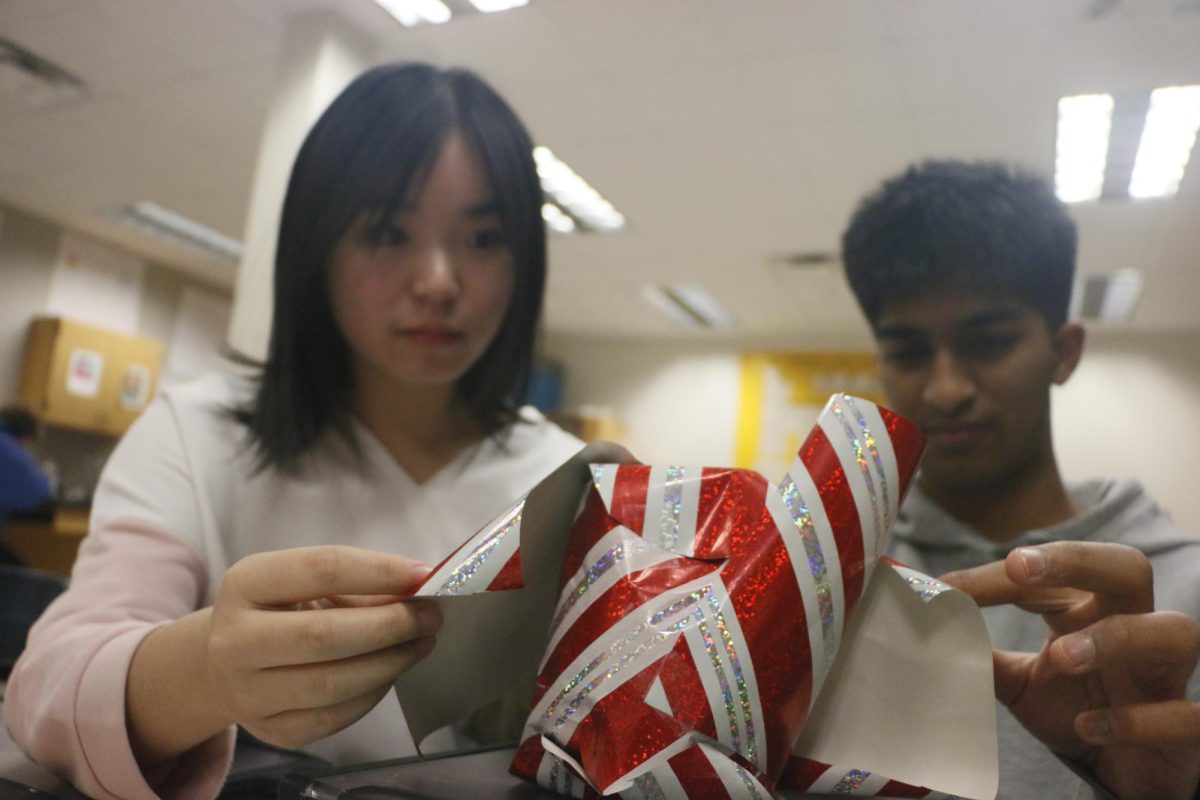




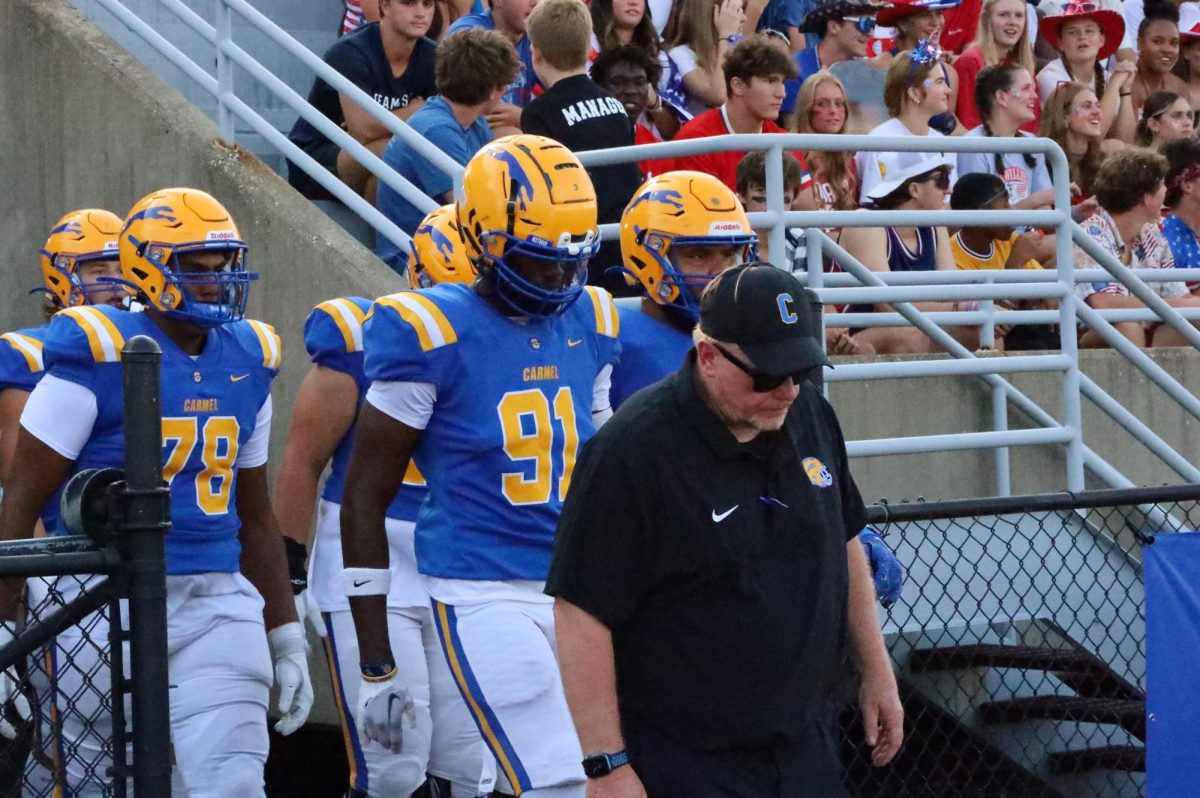
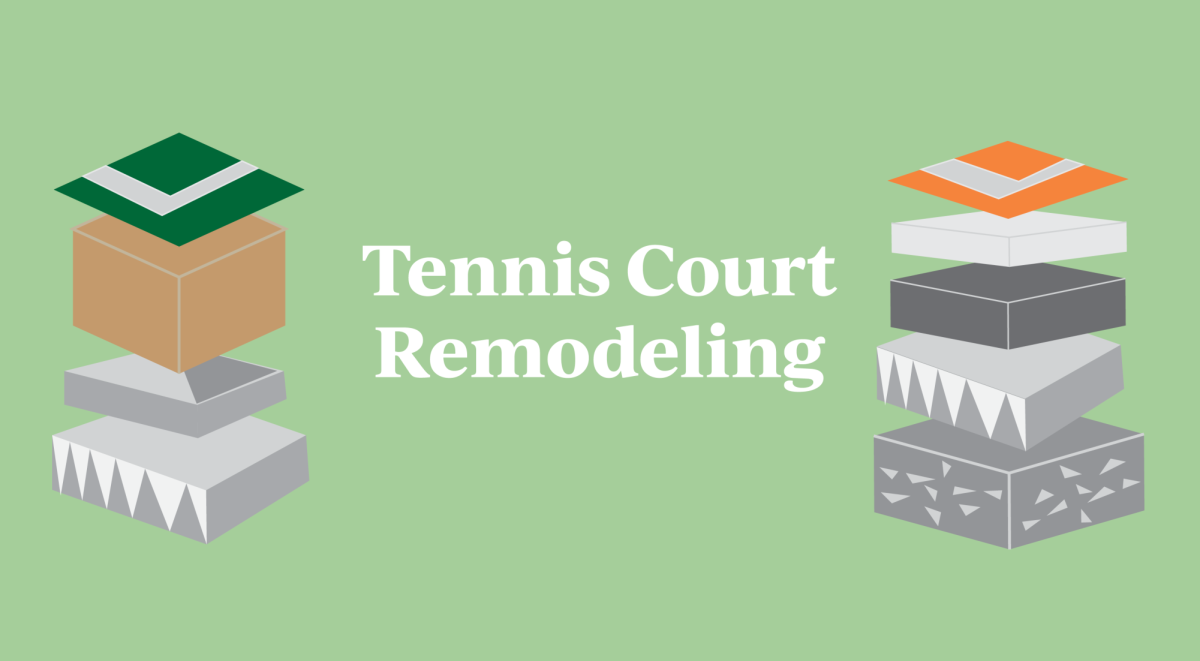


![Keep the New Gloves: Fighter Safety Is Non-Negotiable [opinion]](https://hilite.org/wp-content/uploads/2024/12/ufcglovescolumncover-1200x471.png)
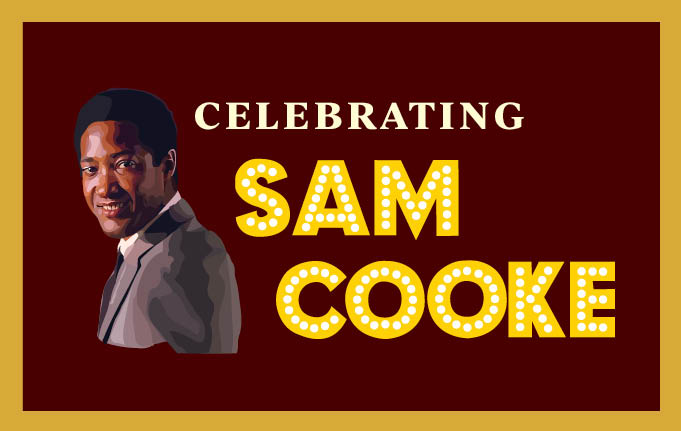






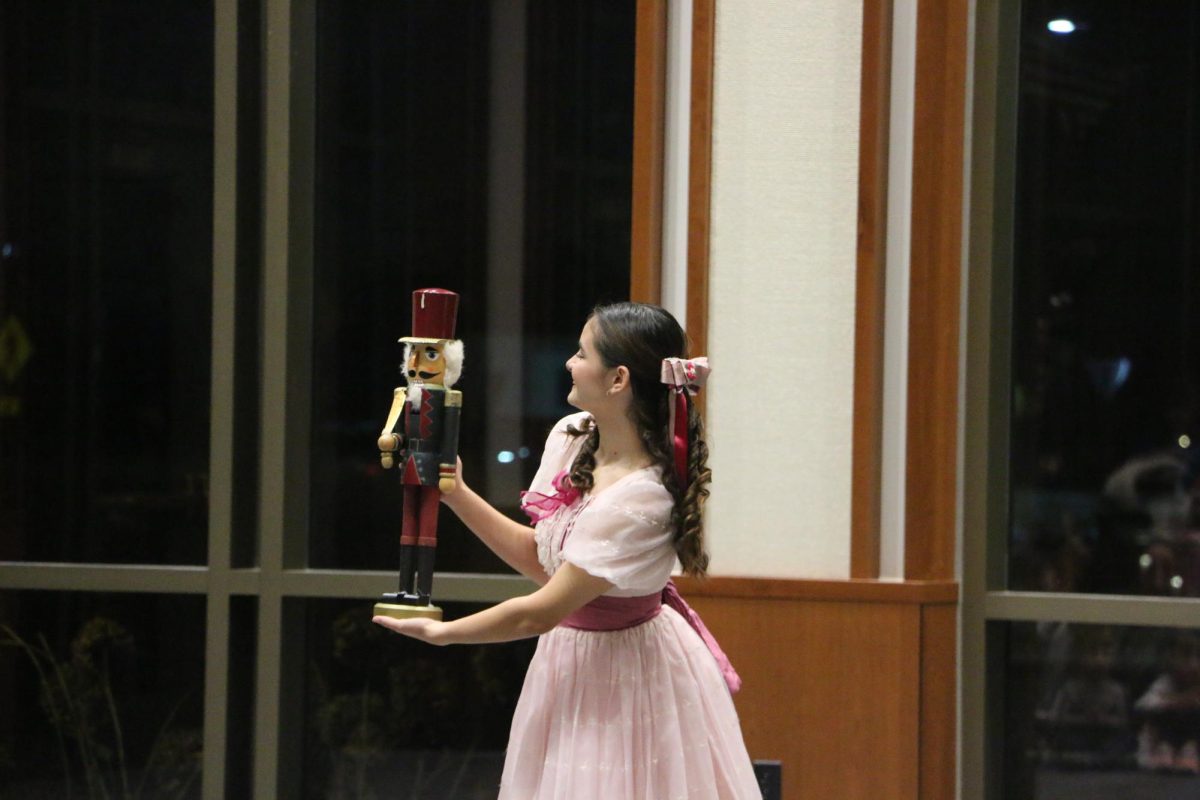






































![Review: Who should have really won season 33 of "Dancing with the Stars"? [MUSE]](https://hilite.org/wp-content/uploads/2024/12/Dancing-with-the-Stars-Photo-1200x657.png)
![Review: "Wicked" is a worthy adaptation of a legendary musical [MUSE]](https://hilite.org/wp-content/uploads/2024/12/Screenshot-2024-12-23-at-6.00.53 PM-1200x793.png)
![Review: “Wind and Truth” is the perfect ending [MUSE]](https://hilite.org/wp-content/uploads/2025/01/wind-and-truth.jpg)
![Review: Survivor’s 47th season cements itself as one of the greatest seasons of reality television [MUSE]](https://hilite.org/wp-content/uploads/2025/01/Survivor_47_logo.webp)
![Video Review: Carmel Bazbeaux [MUSE]](https://hilite.org/wp-content/uploads/2024/12/Screen-Shot-2024-12-24-at-2.12.20-PM-1200x681.png)
![Review in Print: Maripaz Villar brings a delightfully unique style to the world of WEBTOON [MUSE]](https://hilite.org/wp-content/uploads/2023/12/maripazcover-1200x960.jpg)
![Review: “The Sword of Kaigen” is a masterpiece [MUSE]](https://hilite.org/wp-content/uploads/2023/11/Screenshot-2023-11-26-201051.png)
![Review: Gateron Oil Kings, great linear switches, okay price [MUSE]](https://hilite.org/wp-content/uploads/2023/11/Screenshot-2023-11-26-200553.png)
![Review: “A Haunting in Venice” is a significant improvement from other Agatha Christie adaptations [MUSE]](https://hilite.org/wp-content/uploads/2023/11/e7ee2938a6d422669771bce6d8088521.jpg)
![Review: A Thanksgiving story from elementary school, still just as interesting [MUSE]](https://hilite.org/wp-content/uploads/2023/11/Screenshot-2023-11-26-195514-987x1200.png)
![Review: "When I Fly Towards You", cute, uplifting youth drama [MUSE]](https://hilite.org/wp-content/uploads/2023/09/When-I-Fly-Towards-You-Chinese-drama.png)
![Postcards from Muse: Hawaii Travel Diary [MUSE]](https://hilite.org/wp-content/uploads/2023/09/My-project-1-1200x1200.jpg)
![Review: "Ladybug & Cat Noir: The Movie," departure from original show [MUSE]](https://hilite.org/wp-content/uploads/2023/09/Ladybug__Cat_Noir_-_The_Movie_poster.jpg)
![Review in Print: "Hidden Love" is the cute, uplifting drama everyone needs [MUSE]](https://hilite.org/wp-content/uploads/2023/09/hiddenlovecover-e1693597208225-1030x1200.png)
![Review in Print: "Heartstopper" is the heartwarming queer romance we all need [MUSE]](https://hilite.org/wp-content/uploads/2023/08/museheartstoppercover-1200x654.png)




